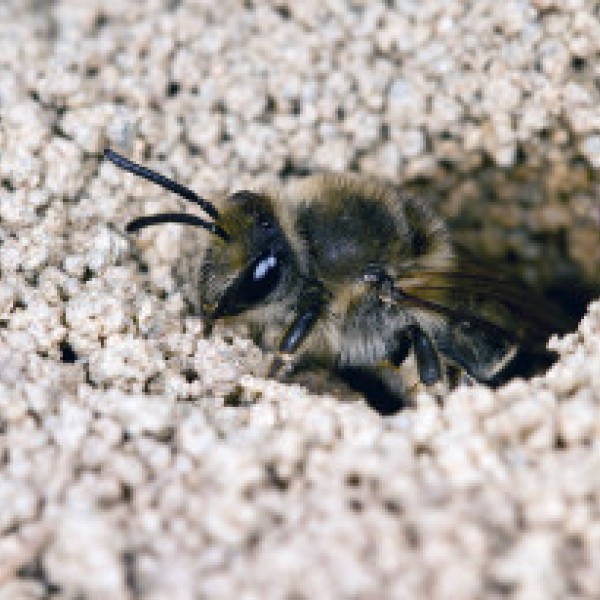A new study of the common fruit fly (Drosophila melanogaster) has identified a protein in the male’s seminal fluid that triggers the female’s midgut to expand after mating. This widening and lengthening of the gut likely prepares the female for eating more to meet the increased energy and nutrient demands required for reproduction.
The study, “Drosophila melanogaster Sex Peptide Regulates Mated Female Midgut Morphology and Physiology,” was published Dec. 21 in Proceedings of the National Academy of Sciences.
“We show that this male protein is what causes the female’s gut to grow,” said Mariana Wolfner ’74, professor of molecular biology and genetics and a Stephen H. Weiss Presidential Fellow in the College of Arts and Sciences. Melissa White, a graduate student in Wolfner’s lab, is the paper’s first author.
By identifying this seminal protein – called the sex peptide – in Drosophila and learning how it works, the researchers opened the door for identifying similar proteins and possibly manipulating them to decrease populations of harmful insects, such as disease-carrying mosquitoes, or to enhance reproduction in bees and other beneficial insects. The findings may also provide insights into studying the roles of seminal proteins and analogous systems in mammals, including humans.
In the study, White led a variety of experiments. She mated normal females and males, and mated normal females with mutant males that were engineered to not produce the sex peptide. By measuring the midguts of the females from these experiments, White discovered that the female’s gut only grew if she received the sex peptide from her mate. White then confirmed the necessity of the sex peptide for gut growth by showing that female flies that lacked a receptor known to bind the sex peptide failed to grow their guts after mating, and that females engineered to make the sex peptide themselves grew large guts without the need to mate.
“Melissa’s work showed that the growth in length and width of the gut was dependent on the receipt and retention of this seminal protein,” Wolfner said.
Study co-author Alessandro Bonfini, a postdoctoral researcher in the lab of co-senior author Nicolas Buchon, associate professor of entomology in the College of Agriculture and Life Sciences, identified a change in the gene expression in the female’s gut after mating; the gut increased expression of enzymes needed to digest protein and decreased expression of enzymes required to digest carbohydrate.
The researchers showed that if the female doesn’t get the sex peptide, those changes in gene expression don’t occur.
“That’s consistent with females needing and using more protein after they’ve mated,” Wolfner said, a finding previously reported by researchers at other universities, but not previously shown to be dependent on receipt of a protein from males.
“Upon mating, females of many species undergo a number of physiological transformations that allow them to adjust to an increased demand in specific nutrients,” Buchon said. “Our work demonstrates that some of these changes involves increasing the size of the digestive tract and altering its digestive function.”
The study was funded by the National Institutes of Health and the National Science Foundation.




